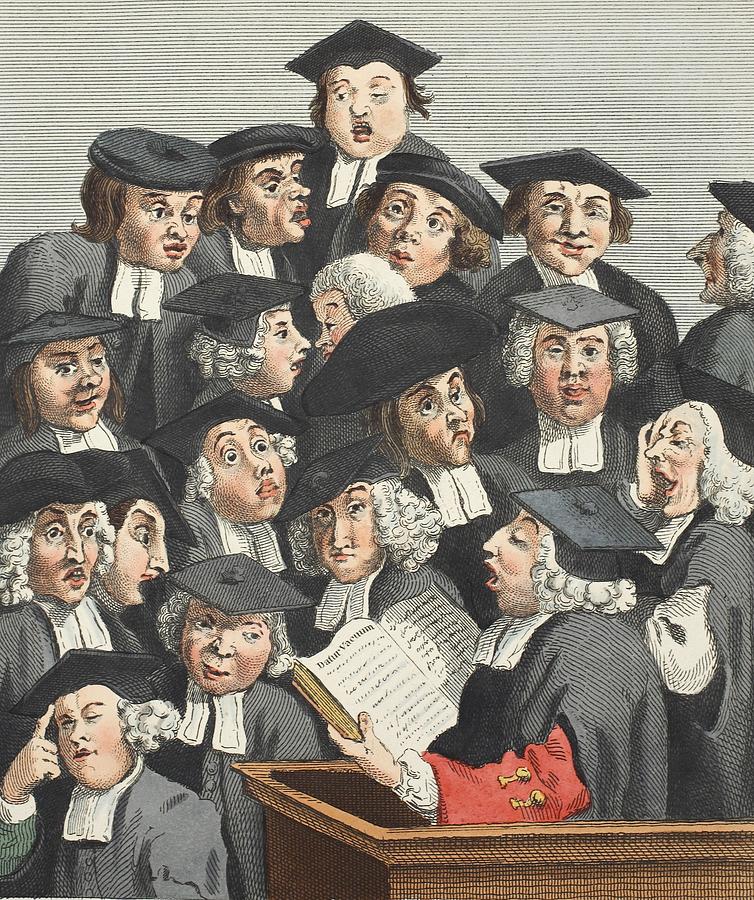Wednesday
For the month of November, Julia and I will be in Slovenia, where we have spent some of our happiest years. I received a teaching Fulbright to the University of Ljubljana in 1987-88 (when Slovenia was still part of Yugoslavia) and another in 1994-95, not long after Slovenia had broken away. I will be connecting with former colleagues and students and contributing multiple lectures to a Shakespeare class and a post-colonial literature class. I will also give single lectures in an early British Literature class, a Canadian literature class, a literary theory class and perhaps others.
In other words, I will be in my comfort zone.
I’ll report in future posts on how things are going, but I use today’s essay to set forth the texts I plan to teach.
For Shakespeare, I’ve been told I can pick from seven plays for three classes, those being King Lear, Merchant of Venice, Tempest, Romeo and Juliet, Winter’s Tale, and Taming of the Shrew. Which would you choose?
I can squeeze some extra plays in there if I teach two in a class, so I’m considering that—although not for King Lear as that deserves an entire class to itself (if not more). Merchant of Venice and Taming of the Shrew are an intriguing pairing since both pose such challenges for modern audiences, what with the anti-Semitism expressed in the one and the sexism expressed in the other (but not, I would argue, by Shakespeare). Romeo and Juliet is a real temptation because of the seething sex and violence at its core, multiplied by adolescence. And then I’d love to give over a full class to The Tempest, which touches on issues of colonialism, alchemy, magic, and art.
In short, I still haven’t made up my mind.
I’m clearer about the seven classes I will teach in the Anglophone/ Post-Colonial Literature class. Here are the topics and works:
British Colonialism – Ryder Haggard’s She, Rudyard Kipling’s The Jungle Books and Kim, Joseph Conrad’s Heart of Darkness
Post-Colonialist Literary Theory – Frantz Fanon’s The Wretched of the Earth
Nigerian Literature – Chinua Achebe, Things Fall Apart; Chimamanda Ngozi Adichie, Purple Hibiscus
Indian Literature I – Salman Rushdie, Midnight’s Children; Three Years, Eight Months, and 28 Nights
Indian Literature II – Arundhati Roy, The God of Small Things
South African Literature – J.M. Coetzee, Waiting for the Barbarians; short story by Nadine Gordimer
Jamaican Literature – Marlon James, Red Wolf, Black Leopard
In other words, I’ll start with how Britains saw both the romance and the horror of empire; move on to Fanon’s famous call for the colonized to fight back—and to write back; examine Achebe’s attack on Conrad’s Heart of Darkness, how he validates Fanon, and how members of the Nigerian disaspora (Adichie is Nigerian-American) are rediscovering their roots; look at how two Indian authors negotiate their colonial past (and also their own Muslim/Hindu/Syrian Christian pasts); survey how two white South African authors negotiate apartheid; and conclude with how a Jamaican author uses fantasy to explore his violent society.
I’m sure the class will evolve once I start my series of lectures. But this is what I’m envisioning so far.


